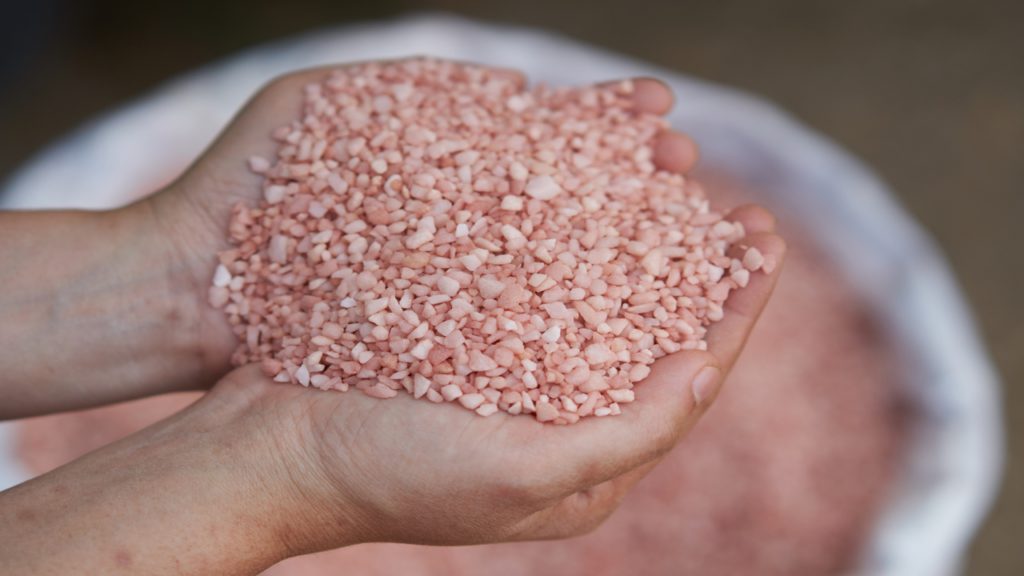Gensource bags synergistic new Tugaske project

This optimizes and leverages Gensource’s existing investments in geological and geophysical exploration and analysis, making the process of defining a resource on Block 59 more efficient from both a cost and time perspective.
Further, being a separate mining permit, Block 59 is expected to create a future project area, different from the company’s existing leases KL244 and KL245, capable of implementing even more potash production modules under Gensource’s modular business model.
Gensource aims at becoming one of the lowest-cost producers in North America with its shovel-ready, high-margin Tugaske project located in southwest Saskatchewan.
Unlike other producers that use a spoke and hub system to sell and distribute their product, Gensource production will go straight to the end-user through its offtake agreement with HELM.
Innovative model
For farmers that have felt their supply chains squeezed by the larger producers that have made up the traditional oligarchic system, this represents a new way of doing business that provides them with an element of control.
“We are already seeing new players following Gensource’s lead, but the combination of Gensource’s technical expertise to actually implement a project, innovative business thinking, and first-mover advantage means exciting things ahead for the company as we engage with new potential partners for future projects,” said Gensource president and CEO Mike Ferguson in a media release.
Gensource announced in September a C$50 million equity investment commitment into the 250,000 tonnes per annum Tugaske potash project. Chemical marketing company HELM has committed to purchasing all the mine production for ten years. It will invest in the project once the remaining equity and debt financing have been concluded.
Gensource has created a special purpose vehicle called KClean Potash Corp to finance, own, construct and operate the Saskatoon project. It will be owned by Gensource (67%) and HELM (33%) following final equity investments.
Management believes that Saskatchewan contains the world’s largest resource of potash-bearing ores, found in the Prairie Evaporite Formation. Discovered in the 1940s, the resource is rich, widespread and consistent in its grades and thicknesses and is very well understood.
The company has secured C$280 million debt financing from \ senior lenders KfW IPEX-Bank & Société Générale. Half of the debt facility is expected to be supported by credit insurance issued by Euler Hermes.
Potash price
Ferguson is encouraged by recent potash market moves.
“The presence of today’s higher prices will, no doubt, bring additional new projects to the industry; however, it is important to note that Tugaske does not rely on the current high prices to be economically sound. Tugaske was developed under much lower potash pricing scenarios than we are seeing today and shows robust economics at both low and high pricing environments; this is one of many fundamental and differentiating strengths of the project,” he said.
Fertilizer prices have shot up over the past year, with prices of major fertilizer products throughout North America increasing by more than 50%. The average retail potash prices across the US increased from $380 per tonne in 2020 to $661 per tonne in 2021 to date. The last time the potash price was above $600/t per tonne was in November 2012.
Despite dropping from recent highs at C48c, shares in Gensource are still trading more than 57% higher over the past 12 months at 31.5c. It has a market capitalization of C$131.9 million.




